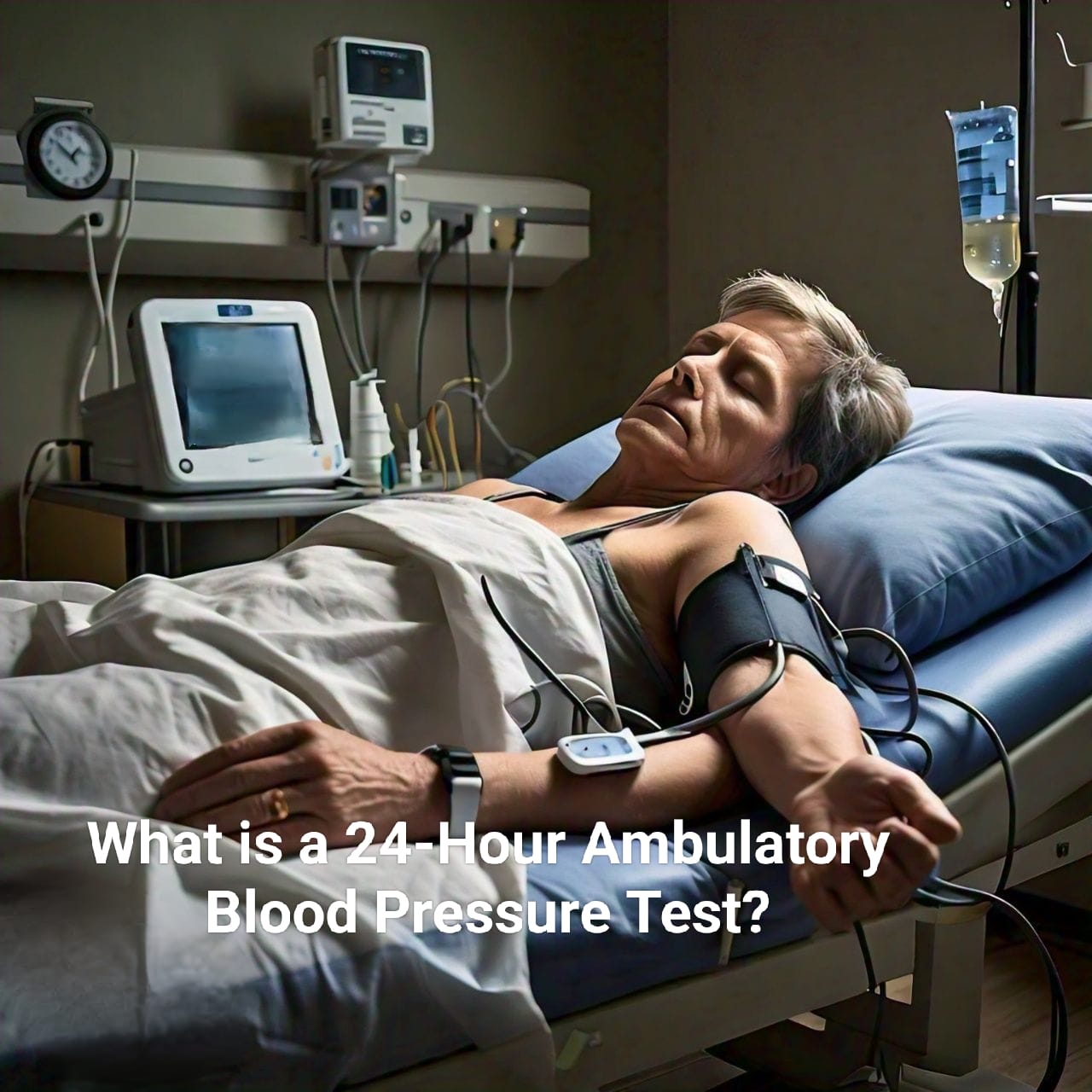What is a 24-Hour Ambulatory Blood Pressure Test?
Monitoring blood pressure is essential for diagnosing and managing hypertension and other cardiovascular conditions. A 24-hour ambulatory blood pressure test is one of the most accurate methods used by healthcare providers to assess blood pressure levels over an extended period. But what exactly does this test involve, and why is it so important?
Understanding the 24-Hour Ambulatory Blood Pressure Test
The 24-hour ambulatory blood pressure test—often referred to as 24-hour ABPM—is a non-invasive procedure that measures your blood pressure at regular intervals throughout the day and night. Unlike traditional in-office readings, which only provide a snapshot of your blood pressure at a single moment, 24-hour ABPM captures data continuously, offering a comprehensive view of how your blood pressure fluctuates during different activities, stress levels, and sleep.
How Does the Test Work?
During a 24-hour ABPM, you wear a small digital blood pressure monitor attached to a belt around your waist. The monitor is connected to a cuff wrapped around your upper arm, similar to a standard blood pressure monitor. The device automatically inflates and records your blood pressure every 15-30 minutes during the day and every 30-60 minutes at night, allowing your doctor to see patterns that a single reading might miss.
Because the 24-hour ABPM collects data while you go about your regular activities, it helps identify variations such as:
- White coat hypertension: Higher blood pressure readings in a clinical setting but normal readings in daily life.
- Masked hypertension: Normal readings in a clinical setting but elevated readings in everyday situations.
- Nocturnal hypertension: Elevated blood pressure levels during sleep, which may be linked to a higher risk of cardiovascular diseases.
Why is a 24-Hour ABPM Important?
The 24-hour ABPM is particularly useful for diagnosing conditions that might not be detected through standard monitoring methods. For example, some people experience blood pressure spikes only at specific times, like during work stress or exercise, which would go unnoticed with traditional measurements. Additionally, having a detailed profile of your blood pressure over 24 hours allows your doctor to tailor treatment plans more effectively.
Preparing for the Test
To ensure accurate results, it’s important to follow a few guidelines while undergoing the 24-hour ABPM:
- Continue with your regular daily activities, but avoid strenuous exercise.
- Keep a diary of your activities, meals, and sleep to help correlate the data with specific events.
- Refrain from tampering with the device or removing it, even if it feels slightly uncomfortable.
What Do the Results Mean?
After the ABPM is completed, your doctor will analyze the data to see how your blood pressure changes throughout the day and night. The results can help determine if you have hypertension, the effectiveness of your current treatment plan, or if changes in medication are needed. It’s a highly informative test that gives your healthcare provider deeper insights into your cardiovascular health.
In conclusion, a 24-hour ABPM is a valuable tool that provides a complete picture of your blood pressure over a full day and night. It helps detect irregularities that might go unnoticed with a single measurement, making it a key component in the accurate diagnosis and management of hypertension and related conditions.
Keep an eye for more news & updates on BuzzReleased!




